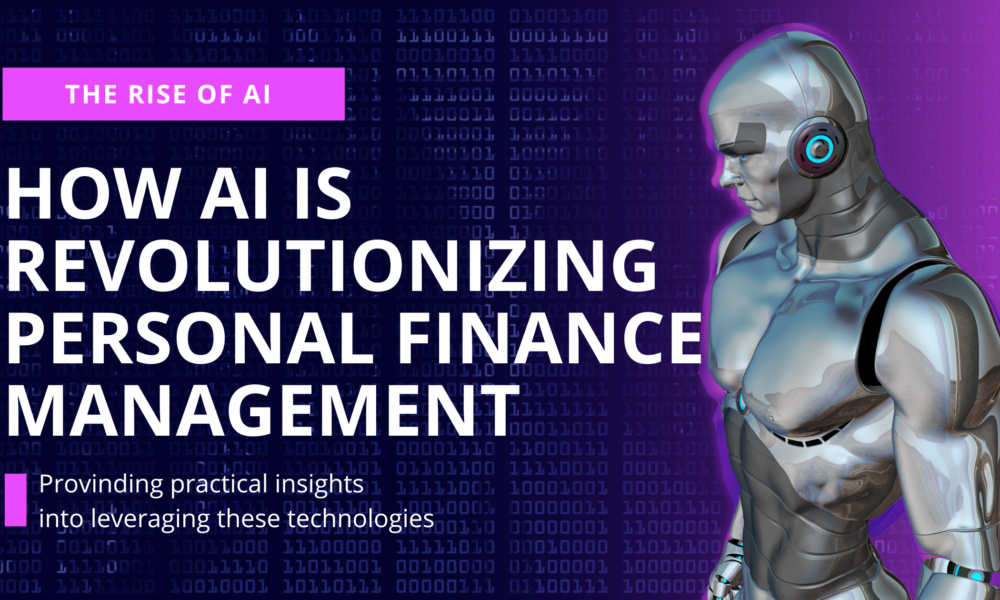In the digital age, Artificial intelligence (AI) is transforming every aspect of our lives, and personal finance management is no exception. With the advent of AI, managing finances has become more accessible, efficient, and personalized, offering unprecedented opportunities for individuals to optimize their financial health. This article explores the revolutionary impact of AI on personal finance, highlighting key innovations and providing practical insights into leveraging these technologies for better financial outcomes.
The Rise of AI in Personal Finance.
AI-Powered Budgeting Tools.
One of the most significant contributions of AI to personal finance is the development of AI-powered budgeting tools. These tools analyze users’ spending habits, income, and financial goals to create personalized budget plans. For example, apps like Mint and YNAB (You Need A Budget) use AI algorithms to categorize transactions automatically, track spending against set budgets, and provide tailored advice on reducing expenses and saving money. Users have reported significant improvements in their financial health by leveraging these tools, underscoring the practical benefits of AI in everyday financial management.
Enhancing Investment Strategies with AI.
AI is also transforming the way individuals invest. Robo-advisors, such as Betterment and Wealthfront, use AI algorithms to offer personalized investment advice based on an individual’s risk tolerance and financial goals. These platforms automatically adjust investment portfolios in real-time, optimizing returns and minimizing risks. The success of robo-advisors demonstrates the potential of AI to democratize investment, making it more accessible to the average person without the need for extensive financial knowledge.
Practical Applications of AI in Personal Finance.
Automating Savings and Investments.
AI technologies enable the automation of savings and investments, making it easier for individuals to achieve their financial goals. Apps like Acorns and Digit analyze users’ financial situations and spending patterns to automatically transfer small amounts of money into savings or investment accounts. This “set and forget” approach helps users build their savings effortlessly, illustrating the practical benefits of AI in fostering financial discipline and growth.


